
Antimicrobials delivered in the products already used during sexual activity show great promise for protecting particularly vulnerable individuals against transmission of HIV.

Antimicrobials delivered in the products already used during sexual activity show great promise for protecting particularly vulnerable individuals against transmission of HIV.

Men who are overweight or obese have lower sperm counts and lower ejaculate volumes, a recent study showed.
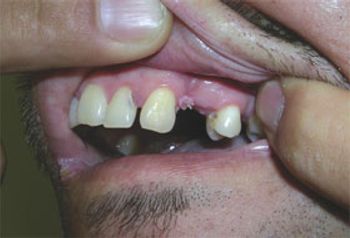
Heart disease, stroke, and cancer are leading causes of death in men, but they present to primary care with a variety of other, often difficult-to-diagnose concerns. Take this week’s photo quiz to test your knowledge of men’s health issues.
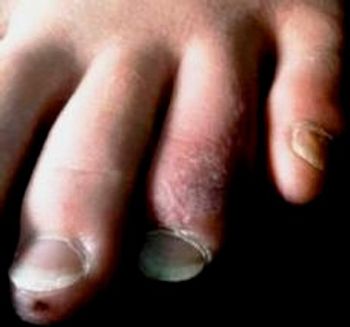
A 20-year-old woman presents in mid-winter with a mildly painful, swollen, and discolored left toe of a week’s duration. What cause do you suspect?
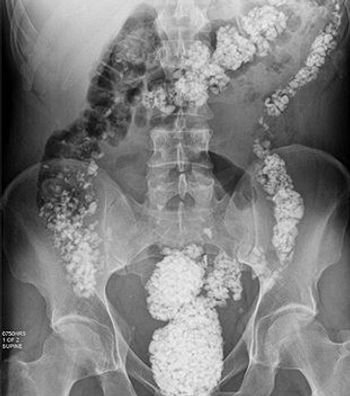
A homeless man with lithophagia; hereditary trichoepithelioma; IBD mimics: can you answer this week's quiz questions about these and 2 other disorders?
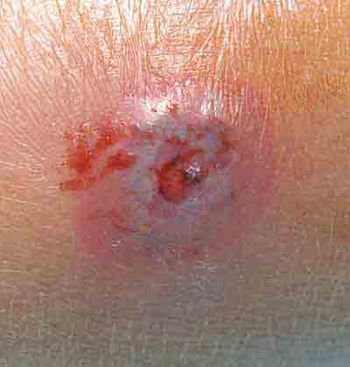
This lesion in a previously healthy 40-year-old man, which was initially a small pustule, has enlarged into an open wound. What does this look like to you?
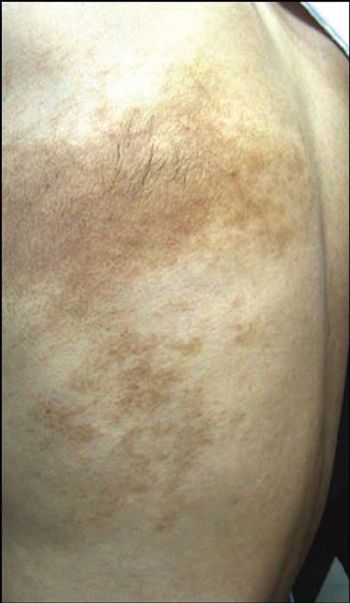
A 16-year-old boy had an asymptomatic, hyperpigmented, hairy lesion on his left upper back. What's your diagnosis?

I started kissing patients in med school. And I haven’t stopped.

Recent studies have linked obesity with a number of clinical concerns, ranging from kidney disease to pancreatic cancer to hearing loss in women.

Confusion about multiple insulin products; nonadherence to the prescribed regimen; the patient’s injection technique . . . here: a look at why errors occur when insulin is prescribed-and how to prevent them.
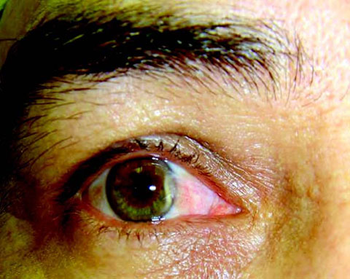
A 45-year-old man of Hispanic ancestry has had mild redness and irritation in both eyes, but he denies any change in vision. What is this?

“My mother was diagnosed with incurable lung cancer. I made a comic strip about it.” The idea: combine the art with the medicine.

The use of vitamin D decreases pain in women who have type 2 diabetes mellitus and depression, according to a recent study, and more research is in the works.

A vaccine that is used to prevent TB may help prevent MS in persons who show the beginning signs of the disease, according to a new study.

A new retrospective analysis looks at the incidence of infection with common scourge Clostridium difficile in the specific context of HIV infection.

Helios is 80 years old and was given a diagnosis of HIV infection in 1994. He's still taking the same combination of work-horse antiretrovirals he started with. I wanted to talk about changes. Helios didn't.

Women who have post-traumatic stress disorder gain weight more rapidly than women who do not and are more likely to be overweight or obese.
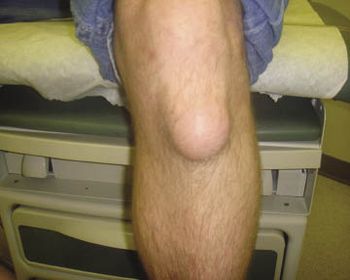
Here: 5 cases submitted by your colleagues: see if you know what the findings in each case indicate.

". . . EHR usability represents a relatively . . . unique and vexing challenge to physician professional satisfaction.” The quote from study authors sums up the bulk of the sentiment-to-date.